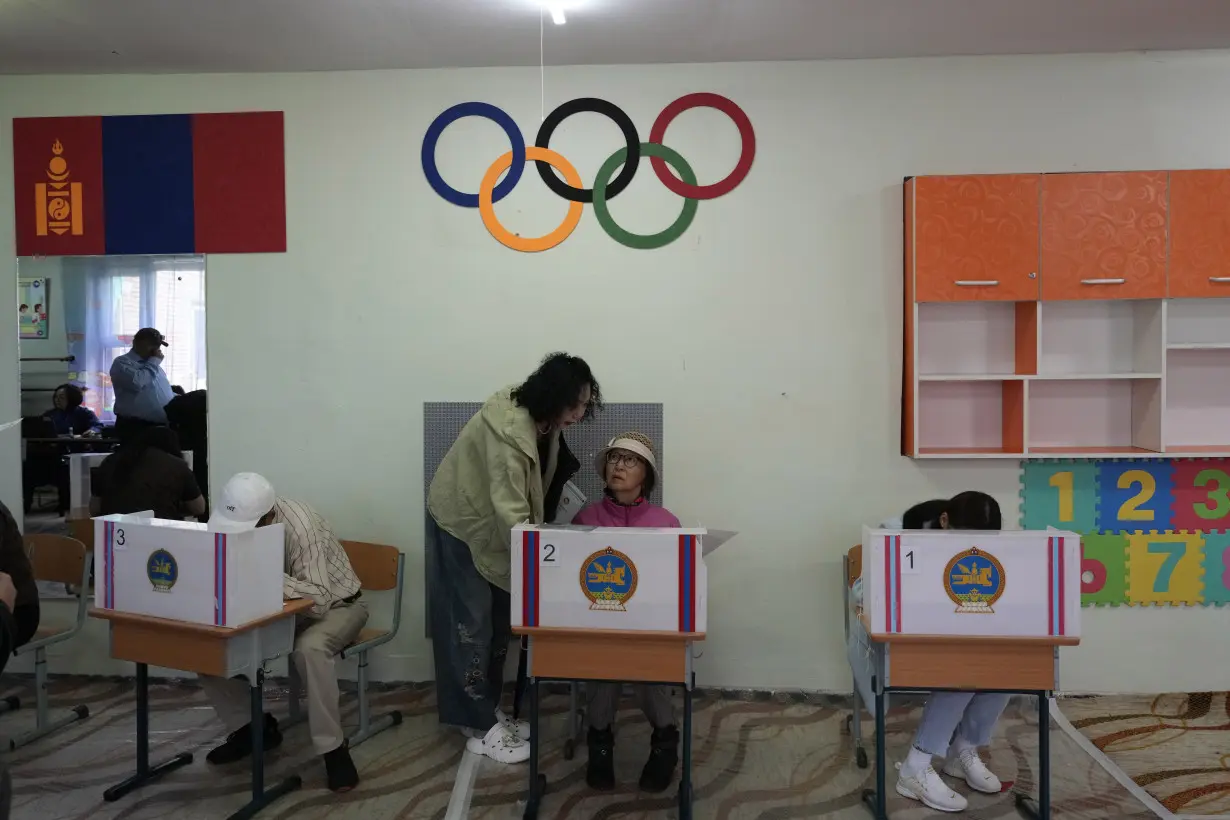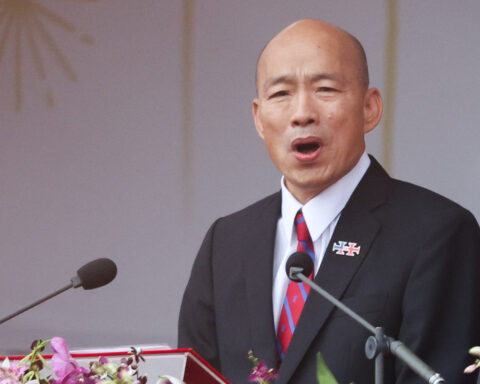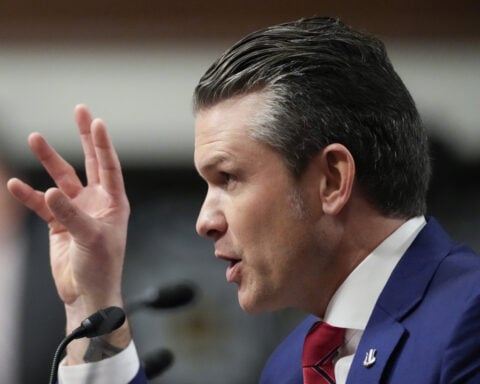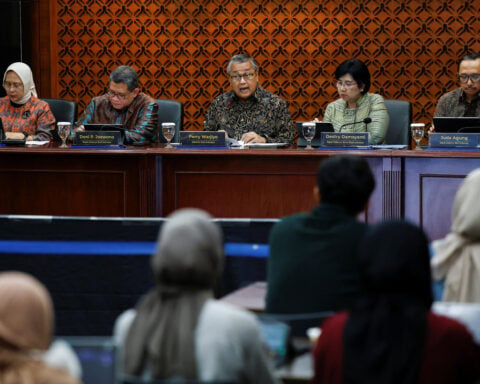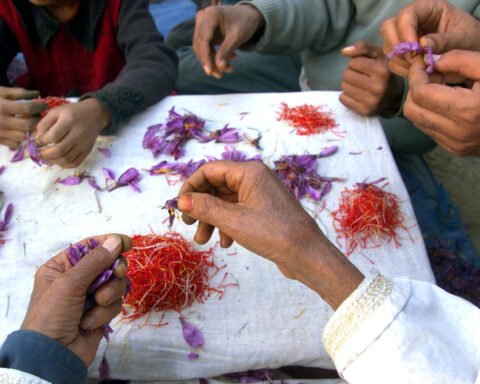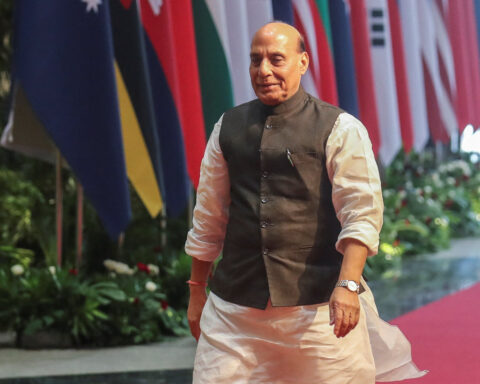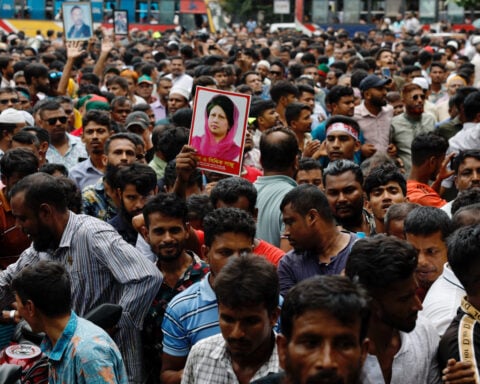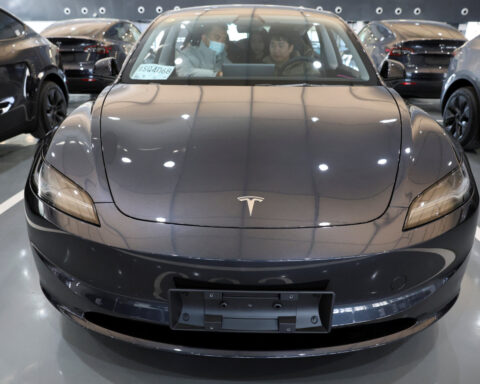ULAANBAATAR, Mongolia (AP) — Mongolia, where parliamentary elections were being held Friday, is a sparsely populated and landlocked Asian nation known for its bitter winter cold and independent spirit.
As a democracy of just 3.4 million people in the shadow of two much larger authoritarian states, China and Russia, it has taken on symbolic importance in an era when democracy is under pressure or in crisis in many countries, including the United States.
In an earlier era, the fierce nomadic tribes of the Mongolian steppe were widely feared, at one point conquering China and expanding west across Asia to the edges of Europe.
Today, it is a country punctuated by extremes. Its vast mineral resources are sought by China and the West but generate wealth mainly for the elite: nearly a third of Mongolians lived below the poverty line in 2022 according to the Asian Development Bank.
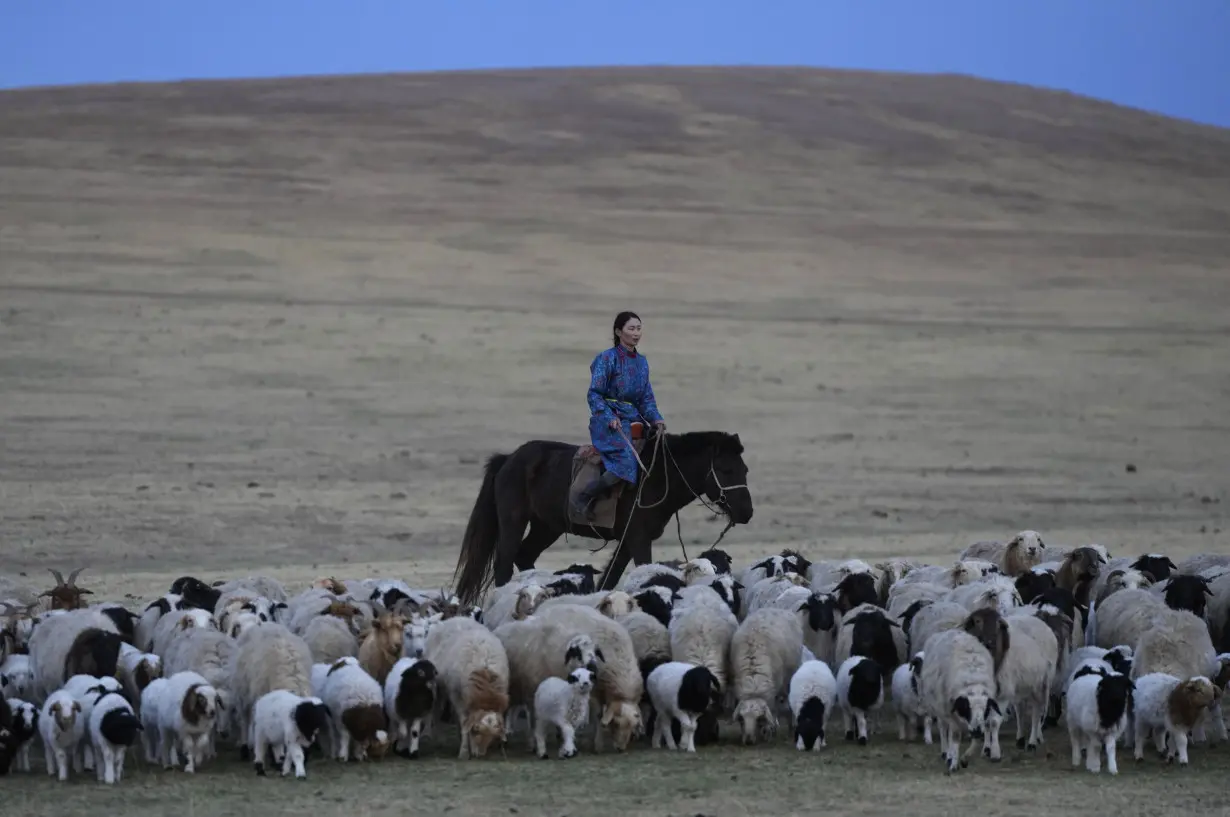
The mineral wealth is helping power global decarbonization, yet it remains hooked to dirty coal that causes some of the worst air pollution in the world. Nomadic herding is integral to the country but millions of animals are lost to extreme weather worsened by climate change.
The word dzud literally means disaster in Mongolian. It's an extreme weather phenomenon that used to occur once a decade, but is becoming harsher and more frequent as the world warms. The deadly combination of perennial droughts and severe, snowy winters cause cataclysmic losses of livestock.
Herding is central to Mongolia’s economy and culture — contributing 80% of its agricultural production and 11% of its GDP — and the impacts of dzuds are profound. This year’s dzud, the sixth in the past decade and the worst yet, killed more than 7.1 million animals. Thousands of families have lost over 70% of their entire herds.
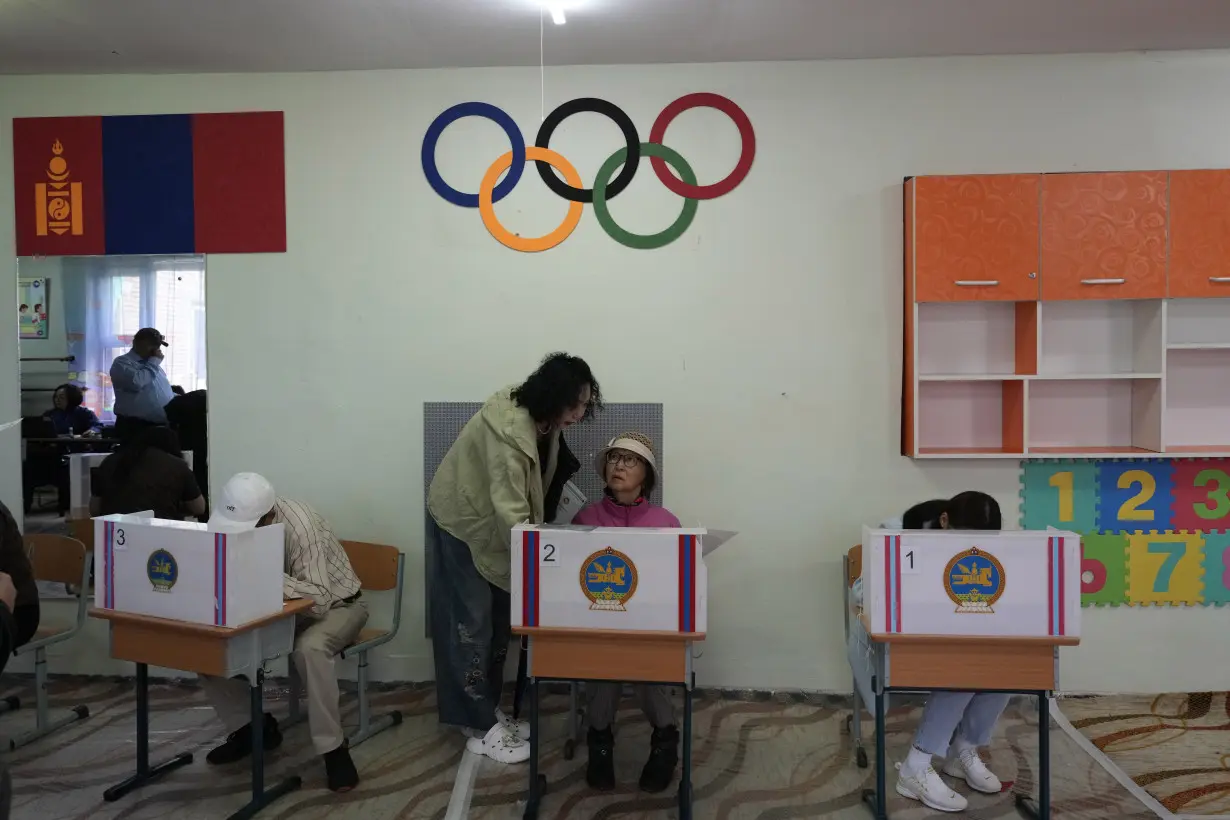
Mongolia gets nearly a quarter of its GDP and around 90% of its exports from mining. The Oyu Tolgoi mine in the Gobi Desert in the country's south is one of the world's largest known copper and gold deposits. Some in Mongolia hope increased demand for so-called critical minerals for countries seeking to decarbonize will give it leverage against its larger neighbors.
But Mongolia has struggled to share the benefits and costs of its mineral wealth. Herders, who make up a third of the population, decry the loss of pasture land and alleged land grabs. In 2022, massive protests broke out in Mongolia over alleged corruption in the mining sector.
After six decades of communist rule, protests sparked a transition to democracy in 1990. Overblown hopes that democracy would bring prosperity and solve all the country's ills yielded to reality. As voters elect a new parliament this week, many are increasingly disappointed in a system that they see as riven with corruption and skewed toward serving mining and other business interests rather than ordinary citizens.
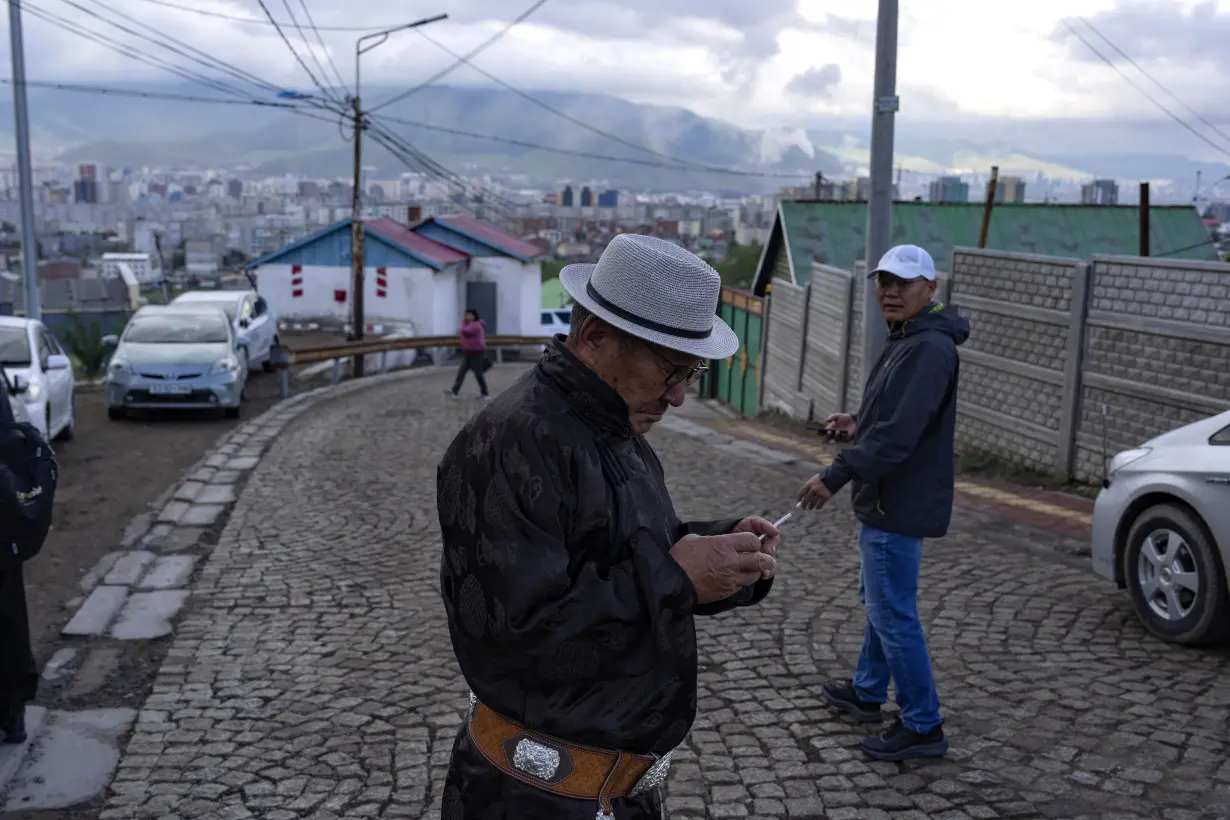
Voters will be choosing a larger parliament in this election. It has been expanded to 126 seats, up 50 from before. The ruling Mongolian People's Party is favored to win but may see its now dominant majority reduced. The People's Party ran the country during the communist era and now is a left-leaning centrist one.
The Mongolian capital, Ulaanbaatar, has some of the worst air in the world. Annual levels of fine, inhalable particles known as PM2.5 surpass levels considered safe by the World Health Organization by nearly 9-times. Children are particularly at risk.
Climate shocks like the dzud are forcing more and more people to move to the city. They live in traditional tents known as ‘gers’ and burn coal or wood for heat during the country's brutal winters. That adds to smog from Mongolian coal-fired power plants and diesel-fueled vehicles.
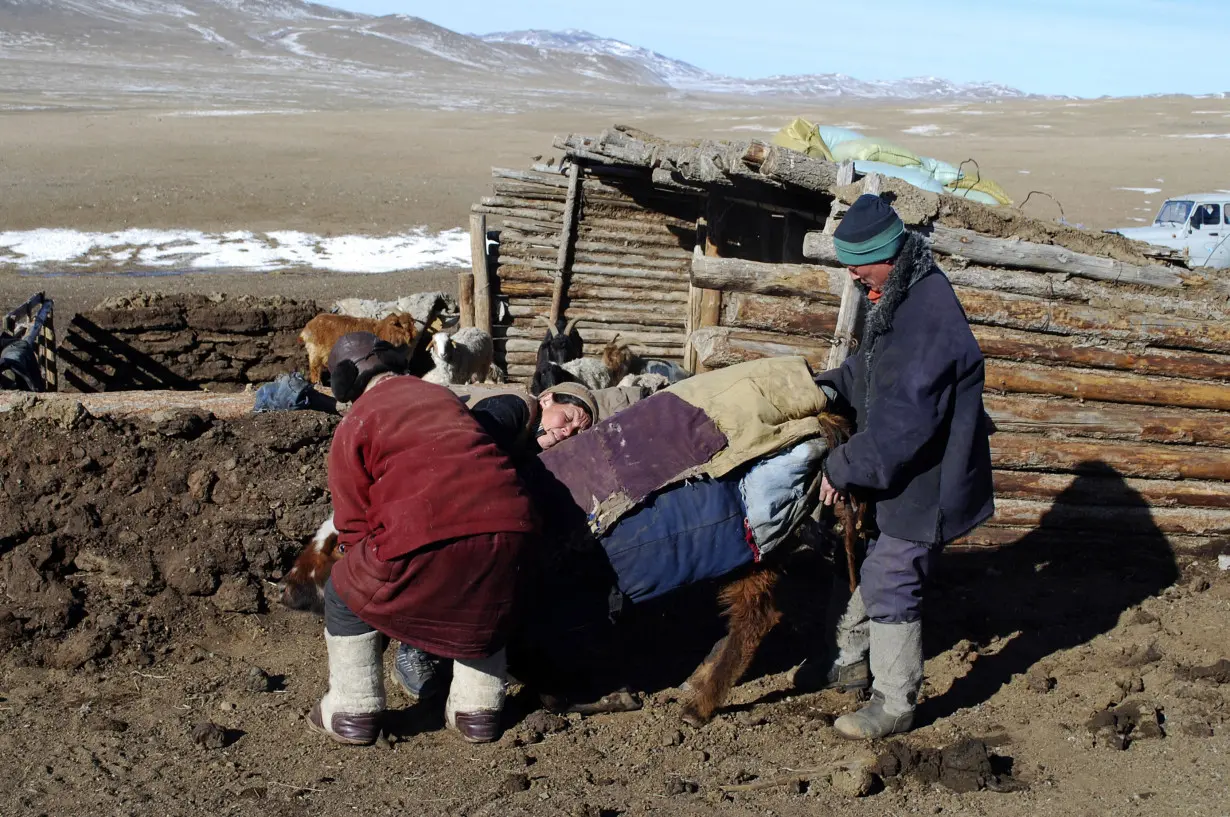
Genghis Khan, a national hero, amassed power to become the leader of the Mongols in the early 13th century and then set out to conquer lands to the south and west. Known as Chinggis Khan in Mongolian, his descendants subdued China, ruling it for nearly a century as the Yuan Dynasty.
In the 20th century, Mongolia got help from the Soviet Union in a bid for independence from China, which it won. The Soviet Union helped improve public health and education, but also turned the country into a virtual satellite state, its traditional culture subsumed by Russian communist influence.
Since Mongolia gained full autonomy and transitioned to democracy, Genghis Khan has served as a cornerstone of the country's efforts to reclaim its national heritage. His likeness is everywhere, from bottles of vodka to a 40-meter- (130-foot-) tall stainless steel statue of him astride a horse outside Ulaanbaatar.
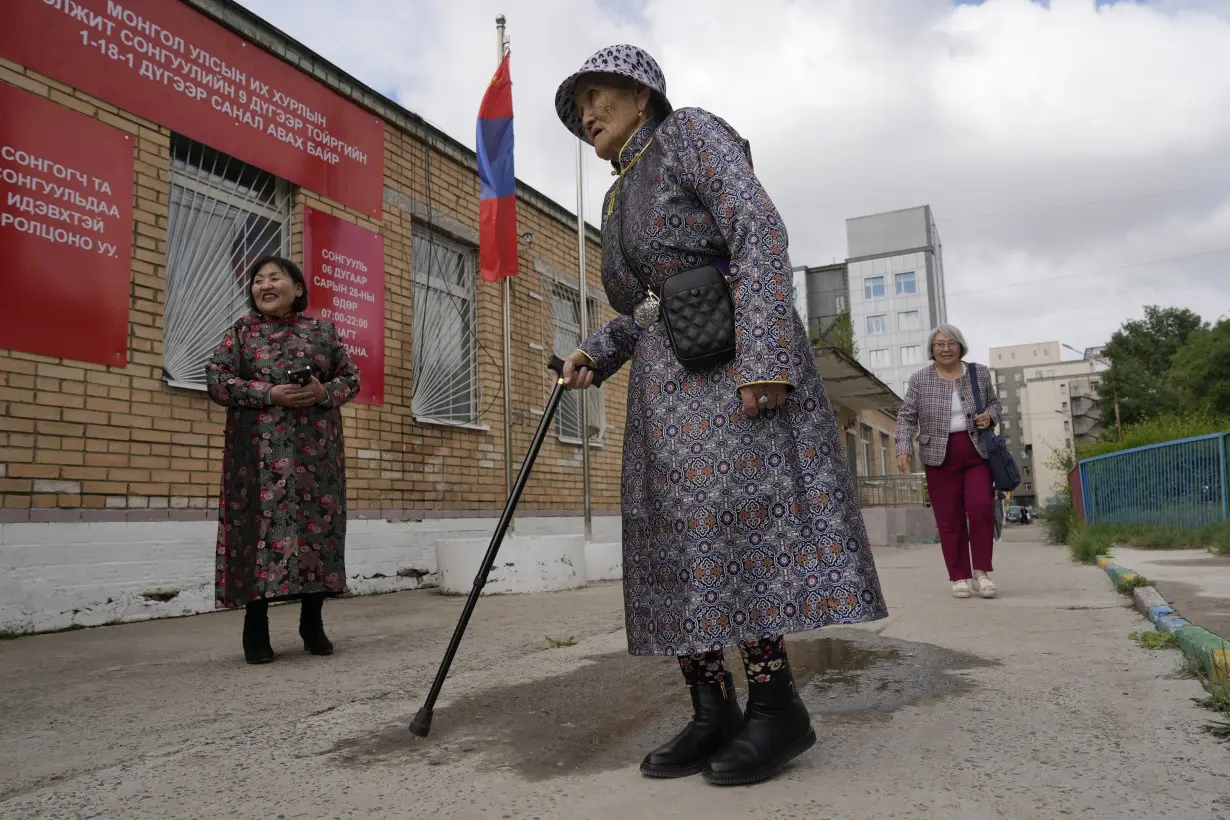
___
Ghosal reported from Hanoi, Vietnam.
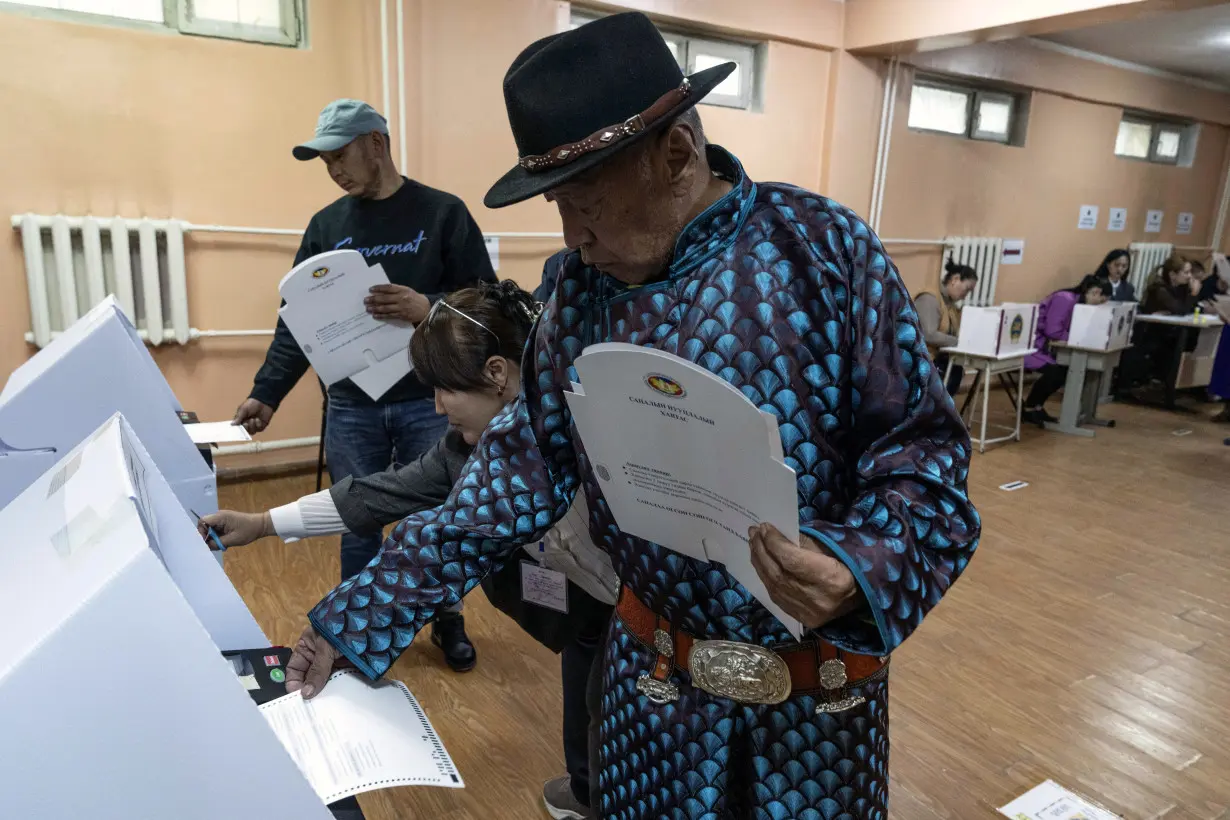
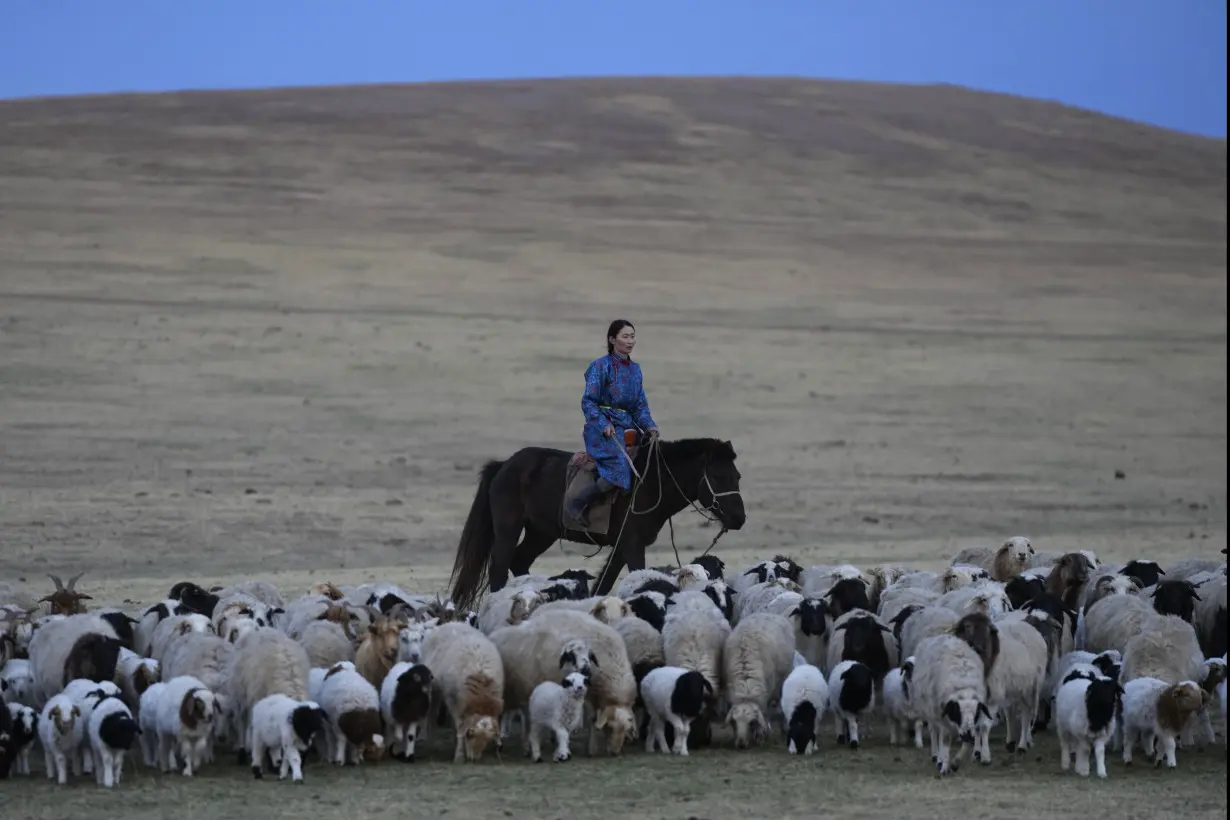

 Edmunds highlights the top car-tech trends from CES 2025
Edmunds highlights the top car-tech trends from CES 2025
 Joann files for bankruptcy — again
Joann files for bankruptcy — again
 German economy, Europe’s largest, shrinks for second straight year
German economy, Europe’s largest, shrinks for second straight year
 Comoros ruling party wins parliamentary elections, opposition rejects results
Comoros ruling party wins parliamentary elections, opposition rejects results
 Sweden seeks to change constitution to be able to revoke citizenships
Sweden seeks to change constitution to be able to revoke citizenships
 Confused about all the tax changes in the past decade? Just wait
Confused about all the tax changes in the past decade? Just wait
 US inflation likely remained elevated last month, threatening interest rate cuts
US inflation likely remained elevated last month, threatening interest rate cuts
 Coors Light is changing its name
Coors Light is changing its name
 Tiger Woods’ son Charlie chuckles while watching his dad suffer heavy defeat in TGL debut
Tiger Woods’ son Charlie chuckles while watching his dad suffer heavy defeat in TGL debut
 Bayern Munich signs US youngster Bajung Darboe from LAFC
Bayern Munich signs US youngster Bajung Darboe from LAFC
